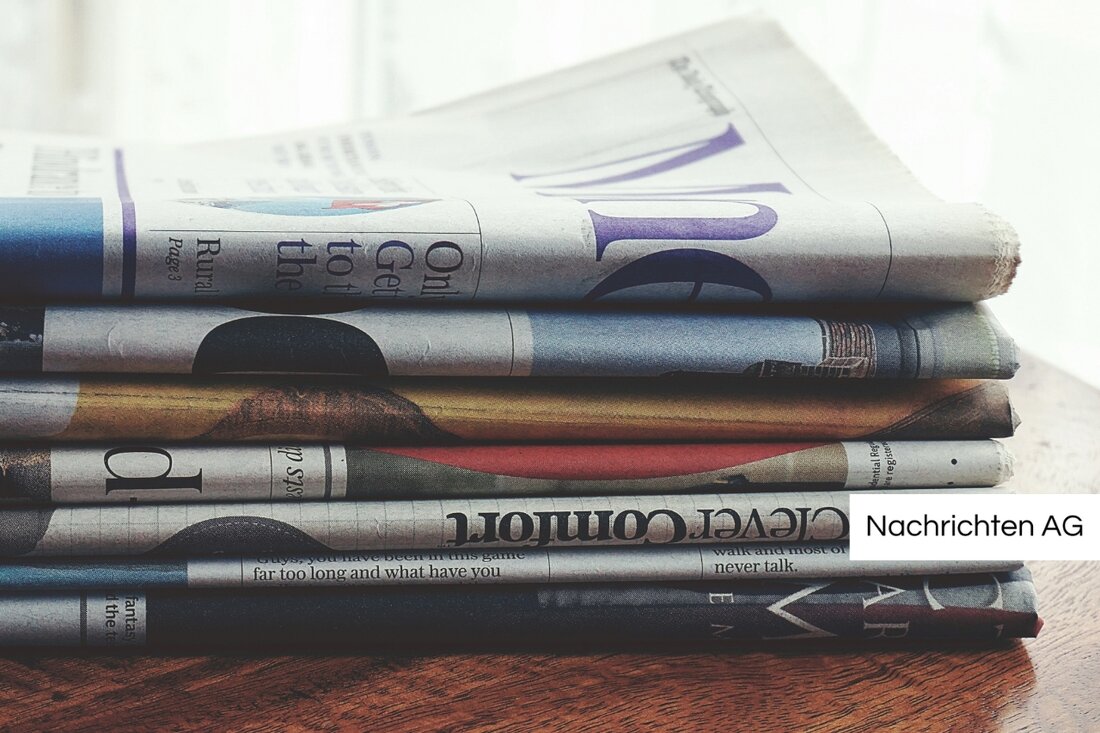Dr. Annika Konrad wins KlarText Prize for Neuroscience 2025!
Dr. Annika Konrad from TU Dresden wins the KlarText Prize 2025 for neuroscience. Award ceremony on November 13th in Heidelberg.

Dr. Annika Konrad wins KlarText Prize for Neuroscience 2025!
Dr. Annika Konrad, research assistant at the Chair of Clinical Psychology and Behavioral Neuroscience at the Technical University of Dresden (TUD), was awarded the title on August 7, 2025 KlarText price awarded for science communication. She received this honor in the “Neurosciences” category for her outstanding research work as part of her doctorate.
The Klaus Tschira Foundation announced the award, which came from nearly 200 applications through a three-stage evaluation process. The prize money is 7,500 euros and will be presented at the award ceremony on November 13, 2025 in Heidelberg. The award-winning articles and infographics will also be published on the foundation's website on this day.
Research on empathy and stress
In her dissertation, Konrad examined how empathy is linked to stress at a neural level. Using functional magnetic resonance imaging, she came to interesting results: both very low and very high levels of empathy-associated activity in the “insular cortex” correlate with increased stress, especially in people who frequently ruminate. What is exciting is the finding that a medium level of empathy has a positive effect on mental health.
Konrad is part of Prof. Philipp Kanske's research team, which aims to improve therapies for mental disorders. The results of their research could lead the way for new treatment approaches.
About the KlarText price
The KlarText Prize is awarded to doctoral candidates who are able to summarize the results of their doctoral theses in a generally understandable way. This initiative is part of a larger commitment by the Klaus Tschira Foundation, which has been promoting a dialogue between science and society since it was founded in 1995. Information about the foundation and its programs is available on its website, where specific criteria for applications to the “Innovative Science Communication” funding line are also listed. This includes details on how to prepare project applications and the required documents.
The Klaus Tschira Foundation is actively committed to ensuring that scientific findings are made accessible to a broad public. This also includes funding for projects that deal with the communication of science.

 Suche
Suche
 Mein Konto
Mein Konto